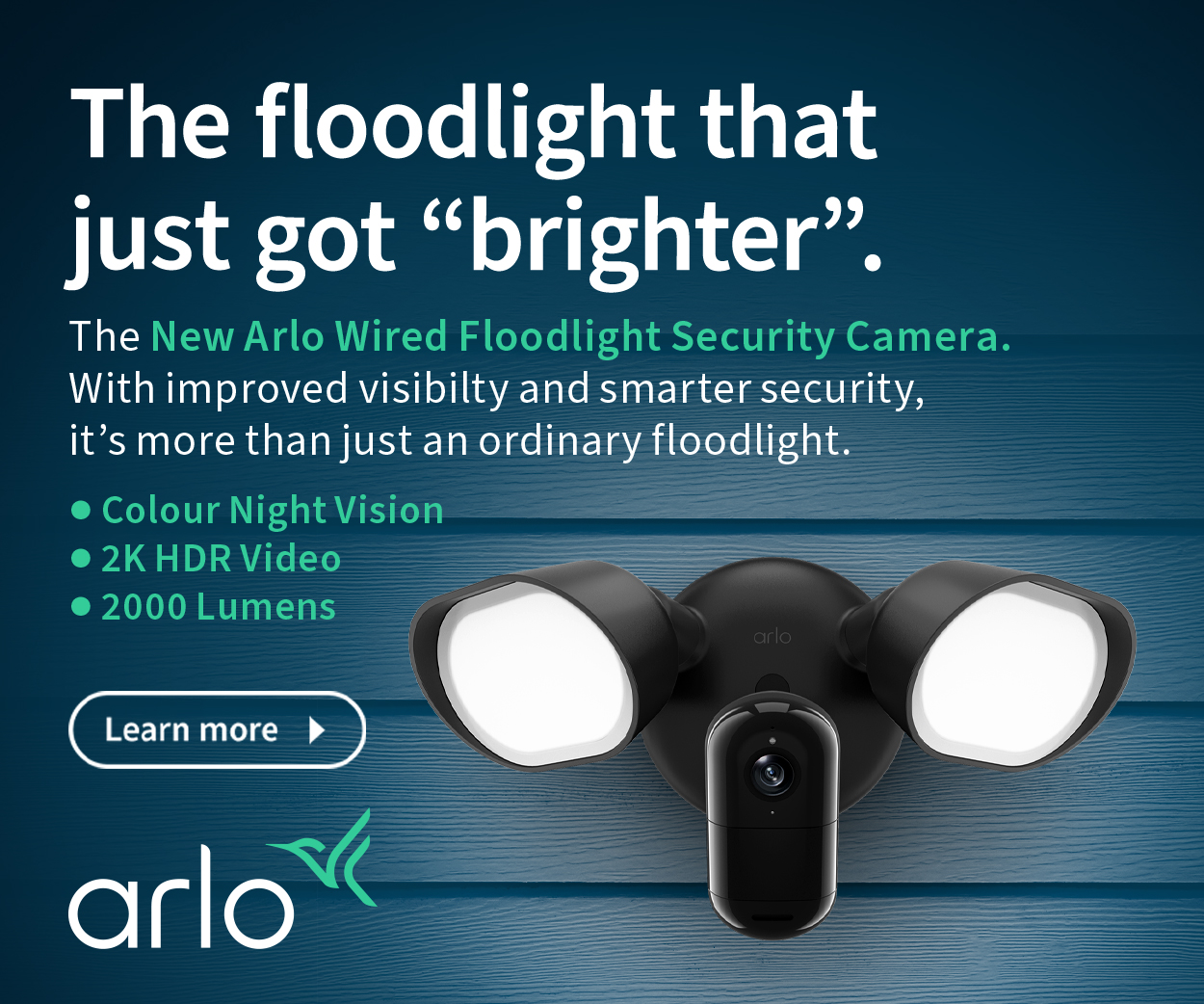Lenovo Looks For Next Generation Scientists
- Teens asked to design experiment
- Will be tested in space
- Prize includes astronaut training
YouTube and Lenovo are sponsoring a competition that could see the winners get astronaut training at Russia’s Star City.
It will be carried out in cooperation with Space Adventures and space agencies including the National Aeronautics and Space Administration (NASA), the European Space Agency (ESA), and the Japan Aerospace Exploration Agency (JAXA). Titled YouTube Space Lab, the competition is a worldwide initiative that challenges 14-18 year-old students to design a science experiment that can be performed in space.
The two winning experiments will be conducted aboard the International Space Station (ISS) and live streamed on YouTube. Space Lab is part of YouTube’s larger commitment to highlighting and providing access to the wealth of educational content available on YouTube as well as Lenovo’s focus on equipping students with 21st century skills via information technology.
A panel of scientists, astronauts and educators, including Professor Stephen Hawking, NASA’s Associate Administrator for Human Exploration and Operations William Gerstenmaier, NASA’s Associate Administrator of Education and former Astronaut Leland Melvin, ESA Astronaut Frank De Winne, JAXA Astronaut Akihiko Hoshide and Cirque du Soleil’s founder Guy Laliberté, will judge the entries with input from the YouTube community. Students in two age categories, 14-16 years old and 17-18 years old, either alone or in groups of up to three, may submit a YouTube video describing their experiment to YouTube.com/SpaceLab.
Six regional finalists will gather in Washington, D.C., in March 2012 to experience a Zero-G flight and receive other prizes. From them, two global winners, one from each age group, will be announced and later have their experiments performed over 400 kilometres above Earth and live streamed on YouTube. Additionally, the global winners will get to choose a unique space experience as a prize: either a trip to Tanegashima Island, Japan, to watch their experiment blast off in a rocket bound for the ISS, or once they are 18 years old, a one-of-a-kind astronaut training experience in Star City, Russia, the training centre for Russian cosmonauts.
Space Lab is one component of YouTube's broader educational offering, including YouTube.com/EDU, home to a wealth of high-quality educational videos from educators of all subjects and levels. This includes YouTube.com/Teachers, a resource providing teachers with guidance on how to effectively incorporate video into their classrooms; and YouTube for Schools, a new pilot program aimed at making YouTube accessible in more schools.
Details and timeline:
- Students may submit a two-minute video from today through to December 7, 2011. The video can be as simple as an explanation on a blackboard or the demonstration of a mock-up in the classroom. Every video must, however, explain the following:
- Experiment Question: The scientific question the entrant wants to test.
- Hypothesis: An educated guess at answering the experiment question.
- Method: A simple explanation of the methods used to conduct the experiment testing the hypothesis in microgravity.
- Results: The expected results of the experiment.
Entrants may submit up to three experiments in one of two scientific disciplines; either biological or physical sciences. The top 60 finalists will be announced on January 3, 2012, at which time judging and public voting will begin. Global winners (two individuals/teams chosen from the regional winners, one in each age category) will be announced in the U.S. in March 2012.
In addition to the trip to the U.S., the two global winners/teams will have their experiment live streamed from space, take a Zero-G flight, receive a Lenovo IdeaPad laptop and have the choice of one of two trips: a trip to Tokyo, Japan, to tour the JAXA facilities and watch the rocket containing their experiment take off in 2012, or, once they are 18 years old, they can choose to embark on a one-of-a-kind astronaut training experience in Star City, Russia, the training facility for Russian cosmonauts. The training will include many of the same training classes and simulations that turn regular people into real astronauts as well as a VIP tour of Moscow, and personalised souvenirs including a spaceflight suit, and more.
The remaining four regional winners will also receive a trip to the U.S., a Zero-G flight, and a Lenovo IdeaPad laptop.
Brought to you by CyberShack.com.au







